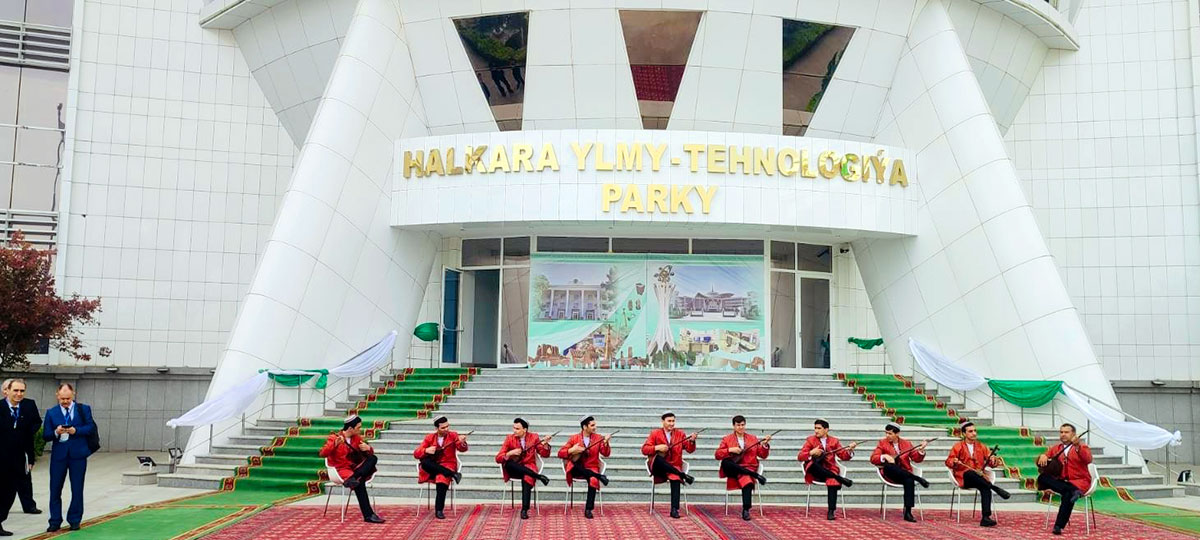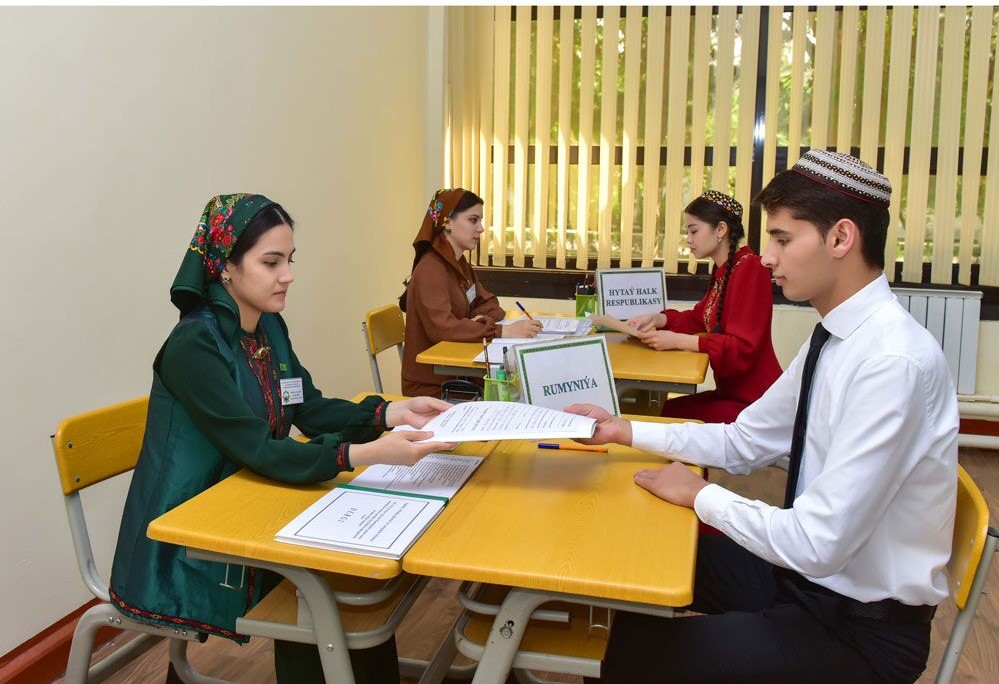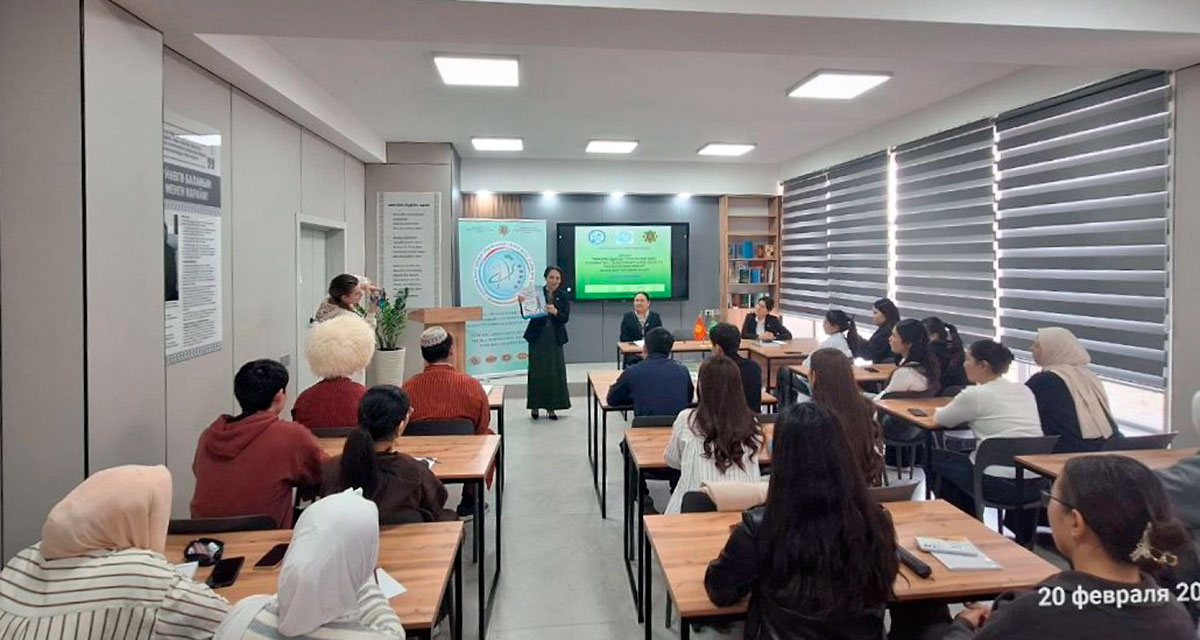On April 11, the International Scientific and Technological Park of the Academy of Sciences of Turkmenistan became the venue for the International Scientific Conference "Science, Technology and Peace: Paths to Sustainable Development."
The event brought together leading scientists and experts from various countries to discuss the key role of science and technology in achieving sustainable development—a global goal aimed at ensuring the well-being of current and future generations while preserving the environment.
During the plenary session held in the first half of the day, representatives from the scientific community of the Islamic Republic of Iran and Turkey delivered welcoming speeches, emphasizing the importance of international cooperation in addressing sustainable development issues.
The main part of the plenary session was dedicated to discussing current research and innovative approaches. Scientists from Uzbekistan presented their work on the impact of dispersed fillers on the properties of polymer composite materials, as well as shared the results of research on enhancing the reliability of transporting oil and gas products using composite polymer materials based on local resources.
Representatives from the Islamic Republic of Iran examined the role of scientific-technological parks as key elements of the innovation ecosystem, contributing to sustainable development. A report by a representative from Germany focused on the innovative hub of Turkic states, reflecting the aspiration for regional cooperation in the field of high technologies.
Experts from the People's Republic of China also participated in the forum, sharing the experience of the company "Shenzhen Gas" in supporting innovations. An important topic during the plenary session was the discussion on achieving carbon neutrality and global stability, presented by an expert from the UAE.
The plenary session concluded with a report by a scientist from the Russian Federation on alternative sources of fresh water, specifically the extraction of water from atmospheric air, which is extremely relevant in the context of global water scarcity.
The second half of the day was devoted to the work of sections on "Chemical Technologies and Ecology," "Nanotechnology and Energy," and "Technologies for the Production of Bio-, Food, and Pharmaceutical Products." Scientists from Turkmenistan and Uzbekistan presented a wide range of research and developments aimed at solving pressing issues in these areas and promoting sustainable development.
Particular attention was paid to issues such as the use and recycling of industrial waste, the development of new materials, the optimization of oil refining, the application of biotechnology in ecology, water purification, the analysis of the impact of transportation on the environment, the preservation of biodiversity, and the implementation of water-saving technologies for agriculture.
The International Scientific Conference "Science, Technology, and Peace: Paths to Sustainable Development" became an important platform for exchanging advanced experience and defining key research directions that contribute to a sustainable future for our planet.







